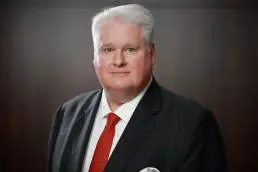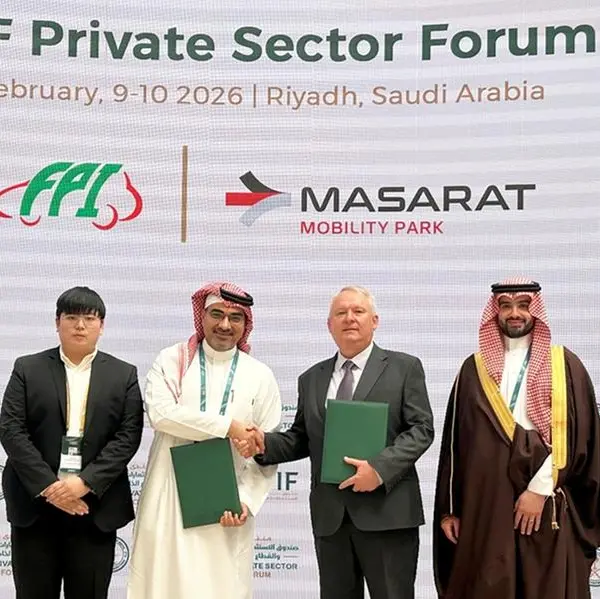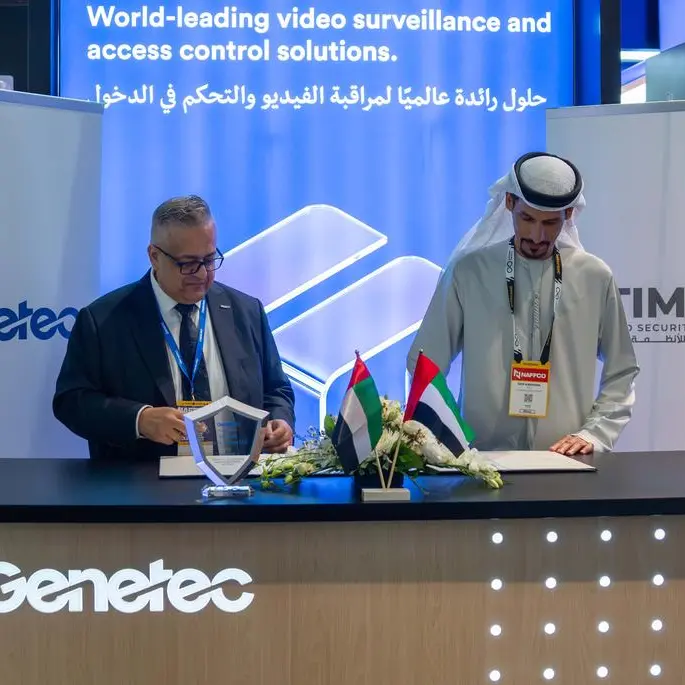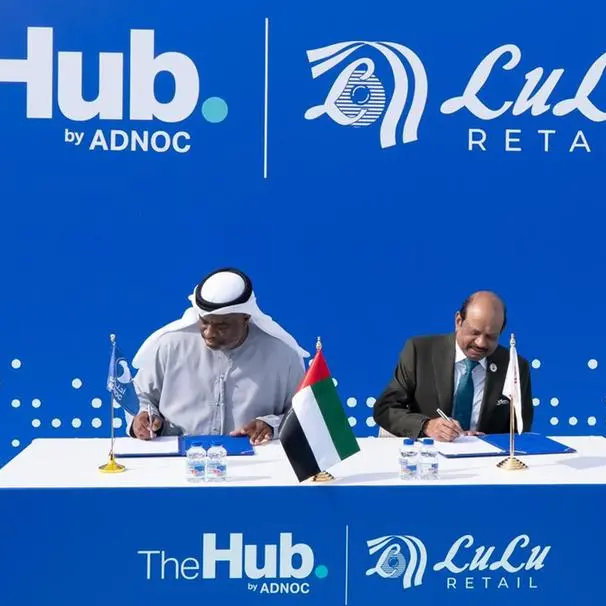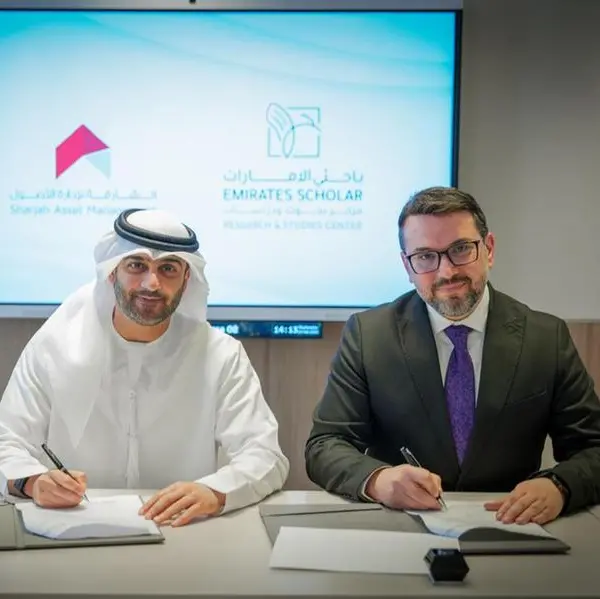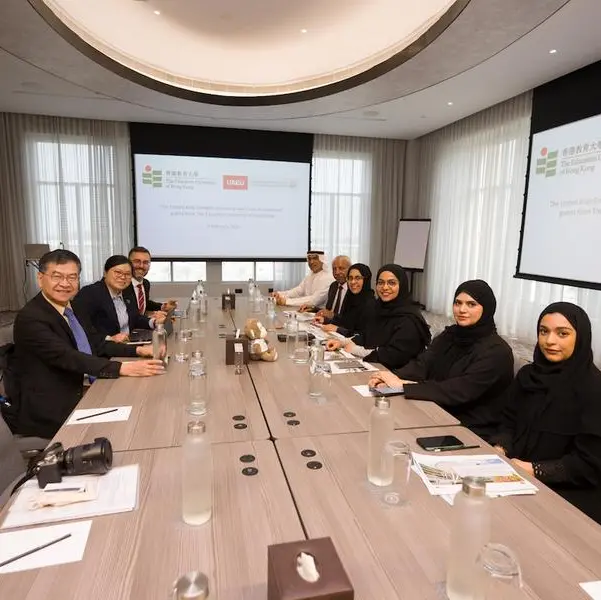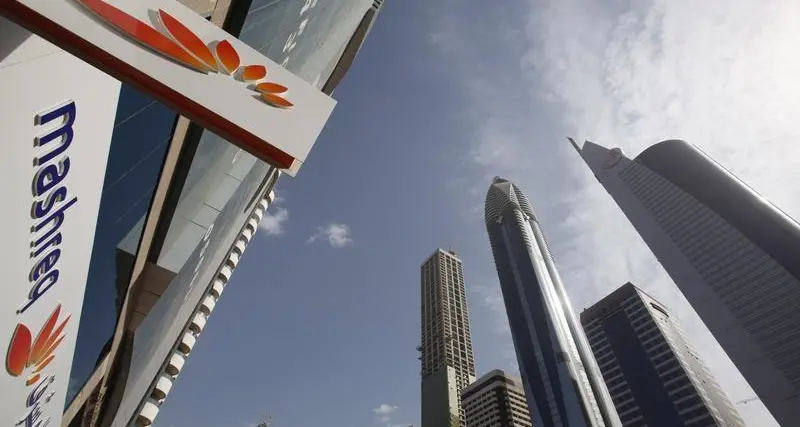PHOTO
UAE's GDP growth in 2015 should reach 3.9% thanks to more established diversification efforts
Although the recent drop in oil prices has made conventional sources of energy cheaper in the GCC, this must not discourage investment in alternative energy supplies, according to a new ICAEW report.
Economic Insight: Middle East Q3 2015 is produced by Cebr, ICAEW's partner and economic forecaster. Commissioned by ICAEW, the report provides a snapshot of the region's economic performance. The report undertakes a quarterly review of the Middle East, focusing on the Gulf Cooperation Council (GCC) member countries (United Arab Emirates, Bahrain, Saudi Arabia, Oman, Qatar and Kuwait), as well as Egypt, Iran, Iraq, Jordan and Lebanon (abbreviated to GCC+5).
The GCC has grown to no longer be just a major energy supplier, but also a substantial demand hub with requirements' growth unmatched by anywhere but China and India. This has motivated governments and businesses to invest in alternative energy sources. However, despite recent improvements and initiatives, the GCC's energy efficiency remains low compared to global benchmarks.
According to the GCC Energy Intensity Project, which began in late 2011, the low prices of fuel, electricity and water are a substantial barrier to more efficient energy use in the region. In the context of sustained lower oil prices, this is likely to remain the case, especially given expanding energy demand and growing population across the region.
In 2011 none of the GCC countries' energy was from alternative sources. This looks set to change following a surge in innovative research and target-setting on behalf of governments in the region. The UAE, for example, has committed to specific alternative energy targets with Dubai striving to generate at least 5% of its total energy consumption from renewables by 2030, and Abu Dhabi setting a 7% target for 2020. The Mohammed bin Rashid Al Maktoum Solar Park in the Dubai, scheduled to open in 2017, will be able to power 30,000 average UAE homes. The solar park aims to achieve a total capacity of 3,000 megawatts in 2030 once it is completed.
Nina Skero, ICAEW Economic Adviser and Economist at Cebr, said: "Minimising energy intensity should remain a priority. More large-scale alternative and renewable energy projects, which reduce the per-unit cost of alternative energy, will be necessary to encourage households and businesses to lessen their use of conventional power sources. However, given the tremendous investment these projects require, and the fact that GCC governments are seeing state revenues decline, investment will probably have to come from the private sector."
With car ownership and usage in the GCC well above the world average, governments are continuing to invest in public transport infrastructure to help reduce levels of energy consumption - and ease traffic congestion. The ambitious $200bn GCC-wide railway network is due for completion in 2018, and contracts worth billions of dollars have been awarded for metro line construction in Abu Dhabi, Kuwait, Jeddah, Mecca and Medina. However, such infrastructure will only improve energy efficiency if the rate of public pick-up is substantial. The private sector can help encourage this public usage, for example by building facilities around major railway stations. The regional move towards limiting or eliminating fuel subsidies will also play a part in minimising car use.
Shifting to alternative sources of energy in the water desalination sector will also help curb energy demand in the GCC. Desalination - the process of converting seawater into freshwater - is both energy- and cost-intensive, and the UAE, Kuwait and Qatar are among the world's top nations in terms of desalination capacity. With water consumption rates in the region continuing to swell, many of the GCC countries are considering how to make the desalination process more sustainable. Saudi Arabia's King Abdullah City for Atomic and Renewable Energy is one such example of the steps being taken by the GCC countries on the road to ensuring long term freshwater supply.
Michael Armstrong, FCA and ICAEW Regional Director for the Middle East, Africa and South Asia (MEASA), said: "Although the GCC countries have been progressively getting more energy-efficient, a lot of work still needs to be done to limit wasteful consumption by households and businesses. As the Sustainable Development Goals come into play - the shared framework for global action and cooperation on sustainable development for the next 15 years - these efforts will intensify. This presents excellent opportunities for collaboration between the public and private sectors, and we expect more governments will follow the example of Dubai, passing laws to foster public-private partnerships for infrastructure funding."
The report also shows:
- The UAE's GDP growth in 2015 should reach 3.9% thanks to more established diversification efforts allowing the economy to grow strongly despite lower oil revenues. Infant industries such as art and culture are likely to experience funding shortages as heightened safety concerns in the region require a reconsideration of spending priorities. Still, non-oil sectors like banking and tourism will contribute to GDP growth.
- GDP growth in Saudi Arabia over 2015 is expected to reach 2.4%. Last year was the first time in over a decade that the Kingdom posted a fiscal deficit, with government spending in excess of its revenues - something which is likely to happen again in 2015. While in the short term, currency reserves can be used to offset a budget deficit, persistently lower oil prices will require a more significant economic shift through diversification and investment in sustainable sources of energy. Regional safety concerns and increased defence spending also pose a challenge for the Kingdom.
- Economic growth in Bahrain is expected to slow from 4.0% last year to 2.6% in 2015. The country has relatively low government reserves, compared to many of its neighbours, and this will likely jeopardise a part of planned infrastructure spending.
- Qatar's planned construction project investment of nearly $30bn this year will contribute to strong 6.9% GDP growth, supported by the international expansion of many of its key businesses. An area of risk may be the international investigation into the awarding of the 2020 FIFA world cup, as it may have wider repercussions on international investors' views of the country.
- Healthy consumer spending and government investment in key development areas such as youth employment will support 1.7% 2015 growth in Kuwait. A substantial sovereign wealth fund will allow the country to deal with this year's projected fiscal deficit without major spending cuts, but continuing to develop non-oil industries will be essential.
- Oman's economy is expected to expand by 3.5% in 2015, partially fuelled by infrastructure projects such as the newly-opened desalination plant in Ghubra. Despite the fall in oil revenue, the Sultanate plans to meet all spending commitments (in the short term at least) with a focus on boosting non-commodity sectors such as trade and manufacturing.
The full Economic Insight: Middle East report can be found here: www.icaew.com/en/middle-east/economic-insight.
- ENDS -
Media enquiries:Contact Jamie Douglass, ICAEW press office, on +44 (0)20 7920 8718 or email
James.Douglass@icaew.com
Mutaz Albadri, Mojo PR, on +971 (0)50 570 6785 or email mutaz@mojo-me.com
Raw'a Al Shamaileh, Mojo PR, on +971 (0)55 155 5753 or email rawa@mojo-me.comNotes to editors:
About ICAEW
1. ICAEW is a world leading professional membership organisation that promotes, develops and supports over 144,000 chartered accountants worldwide. We provide qualifications and professional development, share our knowledge, insight and technical expertise, and protect the quality and integrity of the accountancy and finance profession.
As leaders in accountancy, finance and business our members have the knowledge, skills and commitment to maintain the highest professional standards and integrity. Together we contribute to the success of individuals, organisations, communities and economies around the world.
Because of us, people can do business with confidence.
2. ICAEW is a founder member of Chartered Accountants Worldwide and the Global Accounting Alliance.
About CEBR
Centre for Economics and Business Research Ltd is an independent consultancy with a reputation for sound business advice based on thorough and insightful research. Cebr is ICAEW's global economic partner and has since 1993 been at the forefront of business and public interest research. Cebr provides analysis, forecasts and strategic advice to major multinational companies, financial institutions, government departments and trade bodies.
© Press Release 2015
